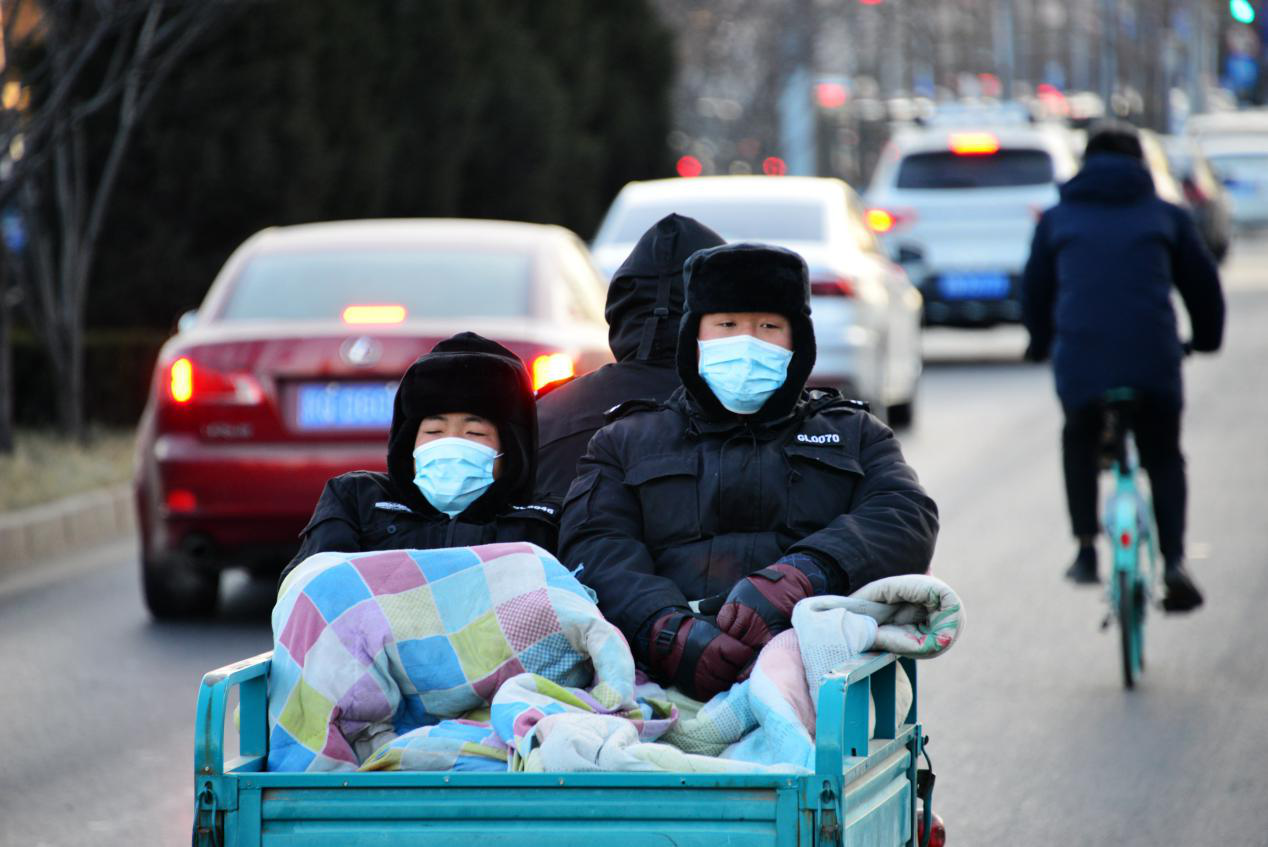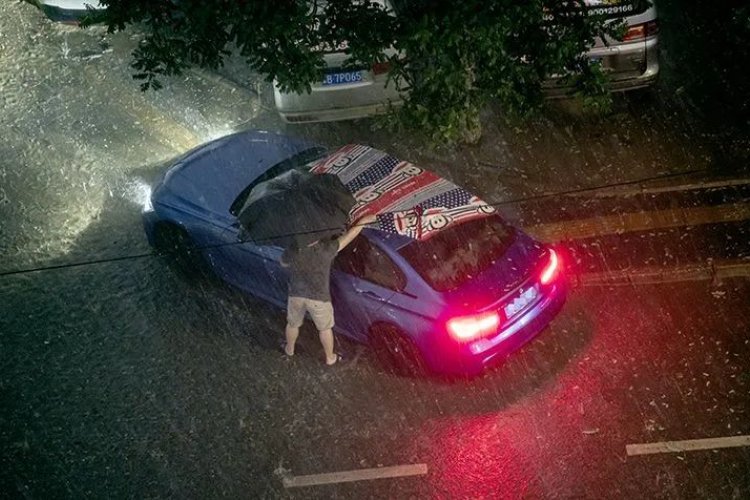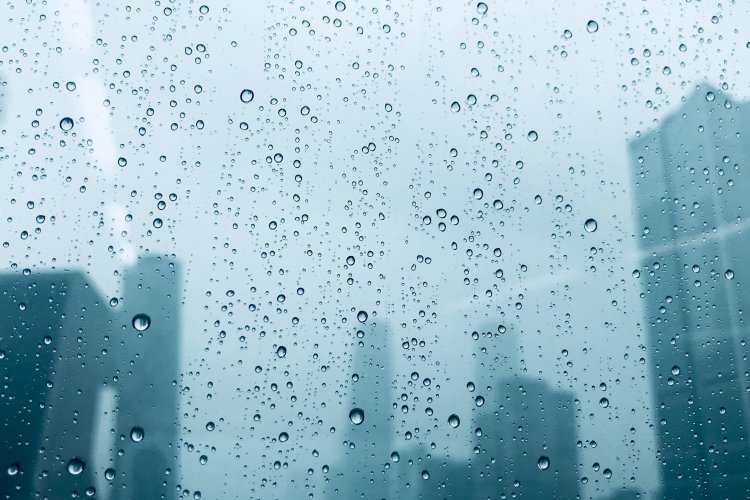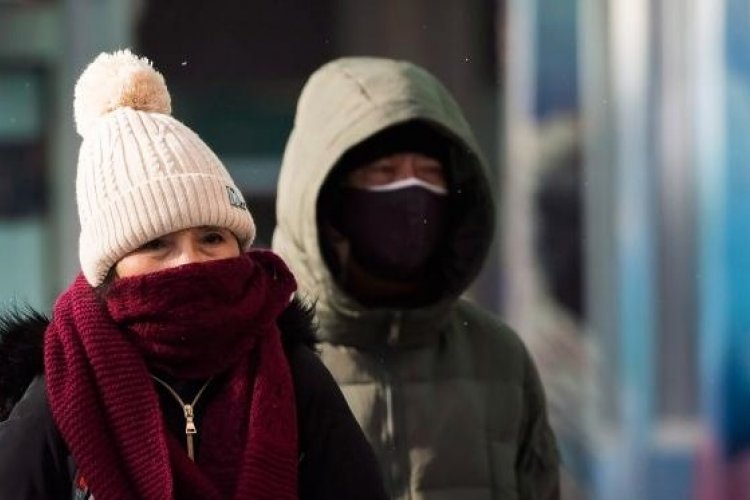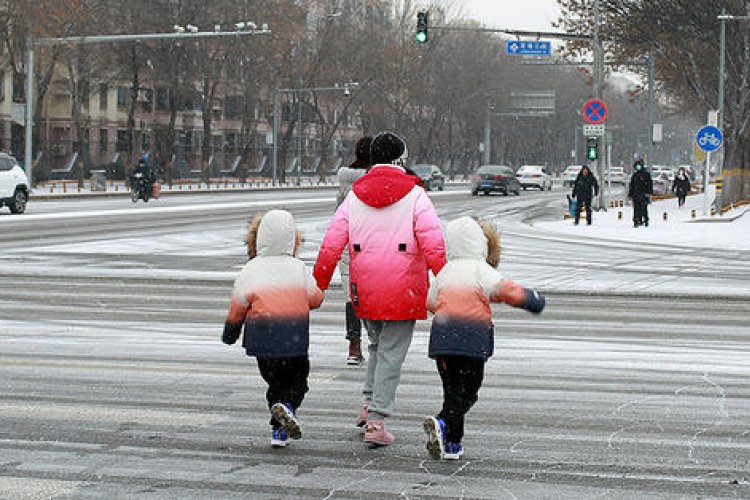Beicology: How Come Beijing Has Become So Chilly and Rainy?
Well it took us about a week to switch from wearing t-shirts to wearing jackets, and this weekend Beijing's temperatures dropped even further, meaning we've now gone from needing jackets to needing winter coats in little more than a day.
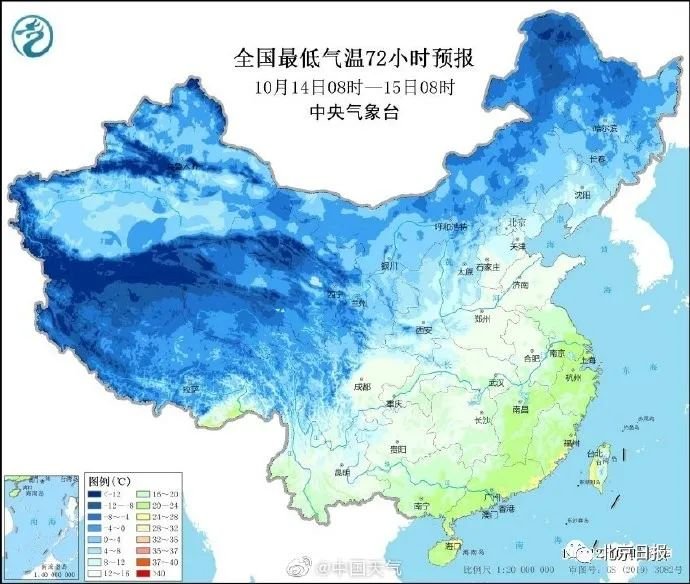
For long-time residents of the capital, the weather of 2021 has been bizzare to say the least: we saw snow in April, and then it rained even more frequently than some southern cities would during plum rain season. And now, we have already given you winter-proof advice right after Golden Week, a time in previous years when people would still be griping about the lingering heat of summer.
So, what’s going on? I thought global warming meant the world would be heating up! As counterintuitive as it may seem, these recent abnormal weather patterns are likely to be a result of the ongoing global climate crisis.
Earth's climate system is highly influenced by several air masses. While the subtropical highs around the tropics of Cancer and Capricorn bring you sunny skies, calm wind, and little precipitation, in the remote polar regions, where the sun is absent for months throughout the year, the polar vortex dominates the troposphere and stratosphere, serving as a reservoir of some of the coldest air on the planet.
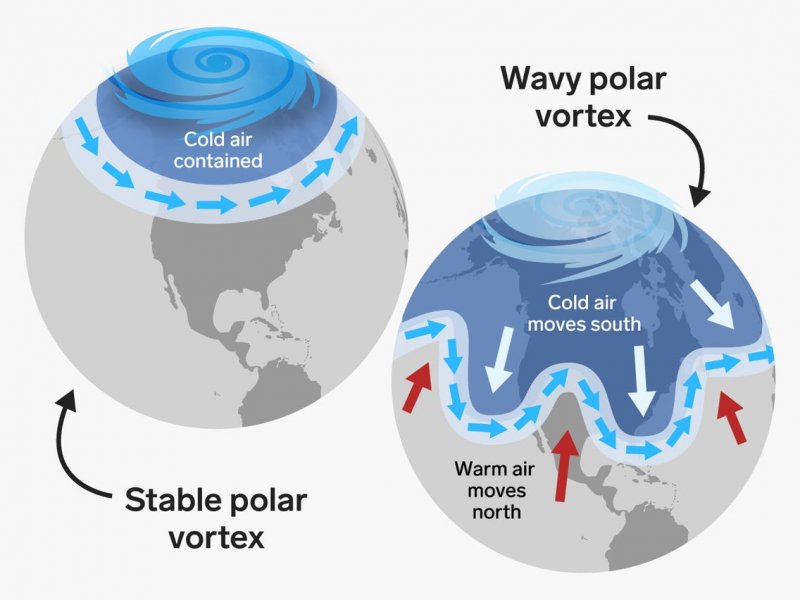
You can think of the polar vortex as a kind of jail for the howling frigid wind spirits. The circulation of the portal vortex effectively prevents too much cold air from traveling down south.
However, based on recent meteorological research, scholars worry that climate change is likely to weaken and disrupt the polar vortex. The observation of sudden stratospheric warming and the accumulation of sea ice are two early indicators for such a disruption. Once the polar vortex ceases to properly circulate, it will be much easier for the trapped freezing air to escape from its confines and cause disastrous results, such as the severe cold snap that struck the southern U.S. earlier this year and crippled the power grid in Texas, resulting in hundreds of casualties.
And don't think that this "leakage" of cold air will leave Northeast Asia, Europe, or other places in the northern hemisphere untouched. In summer, these cold air masses charging south will encounter warm, humid air coming up from the sea, and cities near these colliding weather fronts are likely to face a drastic increases in rainy weather.
Besides presenting us with another harsh winter we may need to power through, the temperature drop will also cause a series of chain reactions that will affect more than just human society. Recently, Beijing's Black Leopard Wildlife Conservation Station has said it's been receiving more requests than usual to deal with snakes. Li Li, founder and administrator of the conservation station, believes the recent temperature drop has prompted the snakes to go out hunting in preparation for their hibernation period.
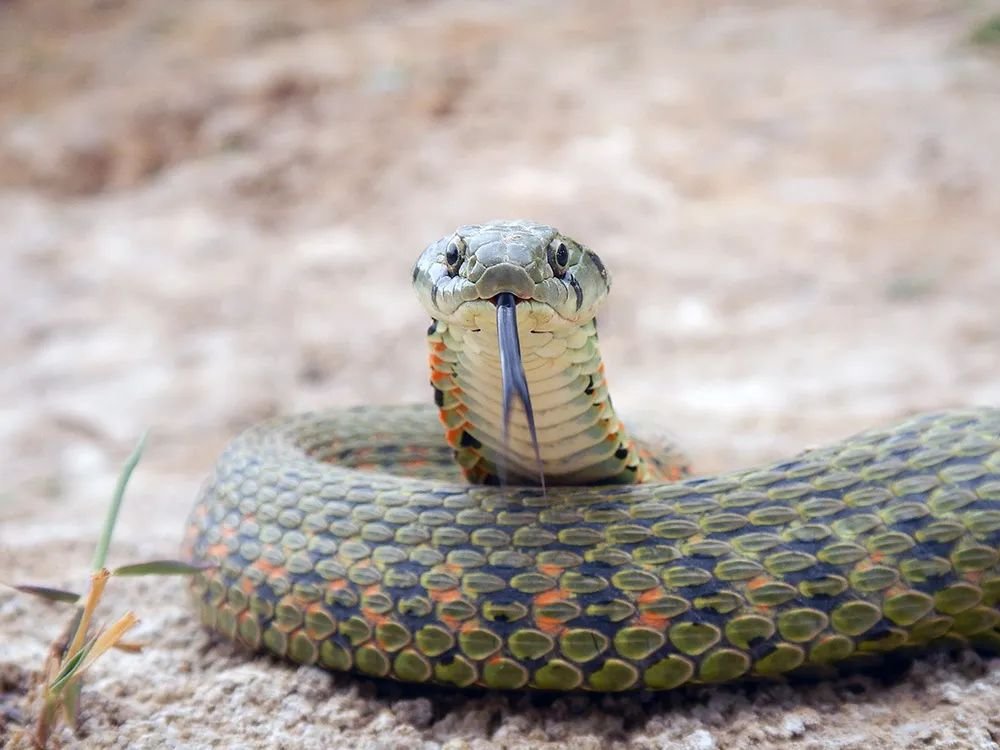
Anywhere that radiates heat (such as cars, air conditioners, and heaters) may become an inviting temporary hideout. If you encounter a snake, always treat it as poisonous, keep your distance, and do not disturb it. Call 119 or 110 for help if needed.
The early arrival of winter may also lead to earlier spikes in electricity and fuel consumption. Considering the energy crunch that many cities have been experiencing over the past few months, things may continue to deteriorate this coming winter. For households and businesses in the affected areas, energy costs and heating bills may get even heftier, and the greater fuel consumption needed to maintain tolerable temperatures in residential areas is likely to have a negative impact on the environment, forcing the clean energy initiative to give way to a harsh short-term reality, and leading to yet another turn in the vicious cycle of climate change.
Read: Keeping Cozy with Nuan Qi: Troubleshooting Beijing's Central Heating System
Images: Qianlong, huanqiu, Business Insider, 鹳总

